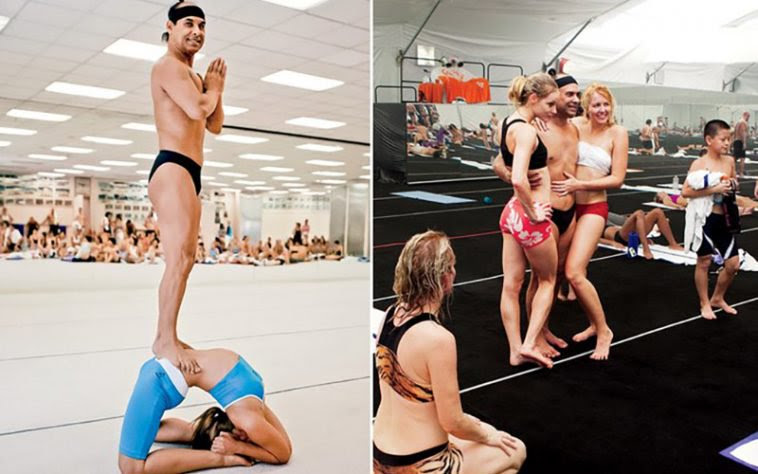A heartbreaking story from Florida!
…be the voice of the Free Press, LIKE, SHARE, COMMENT, SUPPORT. Thanks
‘Mother… do you think someone would like me?’ This was an innocent question raised by a twenty-one-year-old, to his single Mom, Sara. She had gone through heartbreak every day since David was born. Her son was autistic, and this conversation had taken place in a first-ever spontaneous outburst after he had been forced to remain ‘isolated’. Reason: he had an immuno-deficiency condition, on top of his disability.
Quite naturally, this question had shattered the mother, the boy’s full-time caregiver at their Naples Beach, Florida home, close to the neighborhood, where I lived. David’s question went viral thanks to Sara’s tweet which said, ‘my 21-year-old autistic son has no communication skills. Today he asked me his first question ever. It was, ‘would someone like me?’
The sweet, particular tweet had boomeranged in an explosion of response, getting support equally from laypeople and caregivers. It was ironic that a person with severe communication issues actually voiced something most people with disabilities want to ask, but find no opportunity to express this.
Let’s bear with this reality: disability evokes softer feelings in people. That is why you hear many say ‘touched’ or ‘inspired’ on meeting a person with a disability. Confronting a challenging condition or situation puts them in touch with their own, thankfully hidden, vulnerable self.
Advertisement

So, ‘like’ or ‘love’ aren’t the kind of words a person with a disability hears from able-bodied folks. Many feel that people could at best ‘admire’ them. Ask any person with a disability and you’ll instantly know that they understand being admired and won’t necessarily relate to the idea of being liked by someone beyond their family.
Having crossed paths with many, in my line of duty, who traverse the barriers from adolescence into adulthood, in the looming shadow of disability—I could relate to the pain of wanting to know if someone would like me, would experience such pain. Most of us are fortunate to have friends who make our lives more lively and meaningful. Personally, I continue to enjoy great bonding with my friends whom I picked up from early school life.
Also, Read: Lift Kashmir lockdown, world leaders implored
If a person with a disability, especially a young adult, wins acceptability among the mainstream society, it’s only natural to aspire for the next best thing—to find a loving relationship that turns into a companionship. And why not? Every Bollywood movie today dangles with such a theme and the possibilities.
A disabled youngster finding love is a theme that resonates with movie-goers, especially those who enjoy emotionally charged content. While people with disabilities (specifically those in their early adulthood) have much of the same emotional needs as the rest of the society, they don’t often find a platform to discuss subjects like romance, for the fear of negative characterization.
My discussions with individuals with a disability, specifically those with blindness, have often revealed that they are chastised for speaking openly about their emotional needs. There’s a general notion that they would perhaps, be jeopardizing their role model status by talking openly about their need for loving companionships.
It seems like a uniquely human trait in Bangladesh or Pakistan or India, where I have lived—to consider love negative, particularly in the context of disability.
Sara, in an interview with BzzzNews, has hoped for someone with a large heart to accept her son. She has also reminded people that the internet is a place, created for sharing small dots of joy, that twinkle into our lives. While people with disabilities have broken national barriers, to forge friendships, it still remains to be seen if they would also cross the disability barrier to forging stronger bonds, with pretty much anyone they like. Good stories have bridged the gap, between the possible and the impossible.
My work in the US had demanded close monitoring of young people, who are challenged physically and mentally—prime candidates for dependency. I have come across some painful stories and glaring examples of courage. I have seen hope and faith in those silent eyes.
Also, Read:India is Entering a New Dark Age
I leave this to my readers to decide whether the above story is an American tragedy or simply a human story that could take place, anywhere on this planet!
Copy Edited By Adam Rizvi




